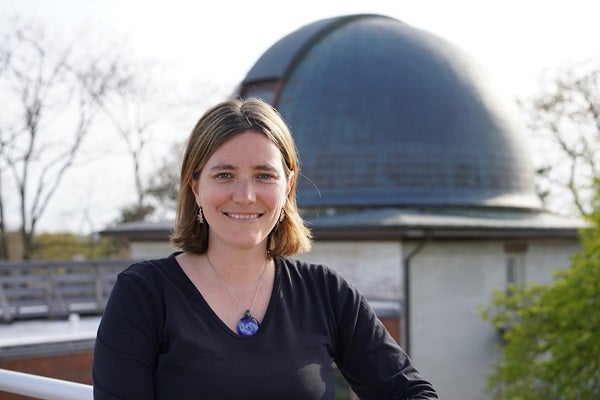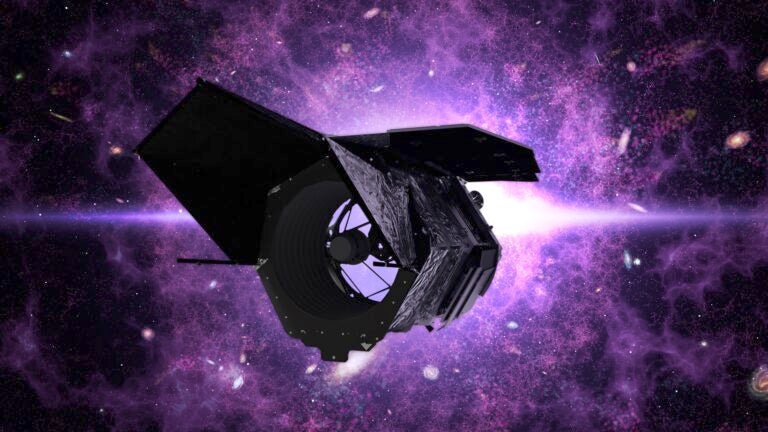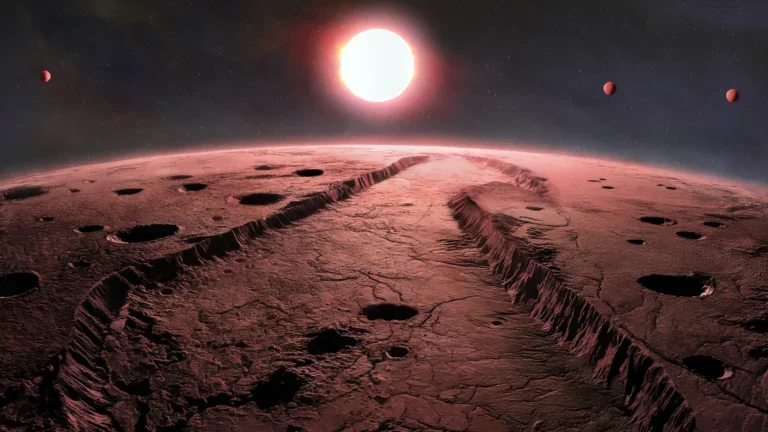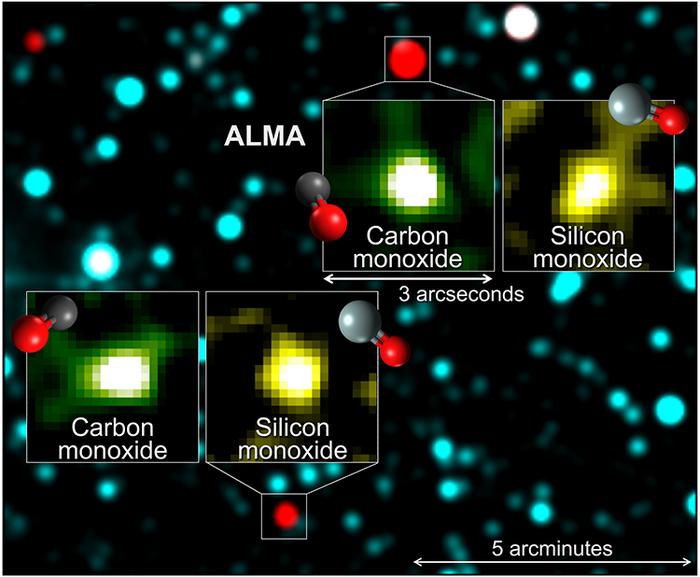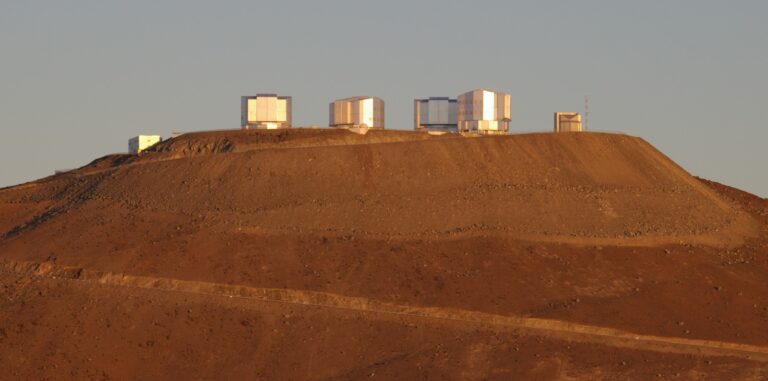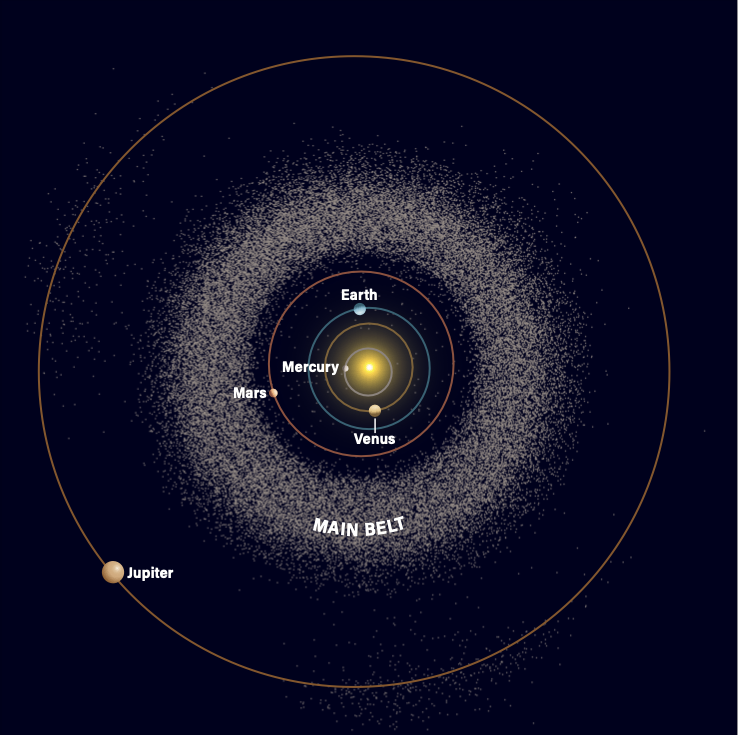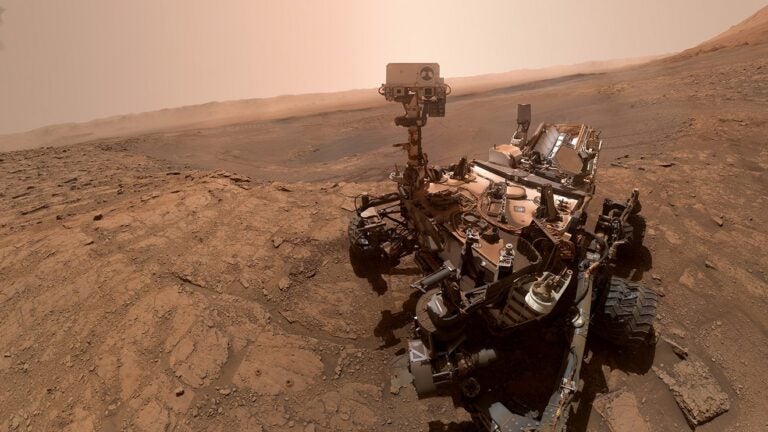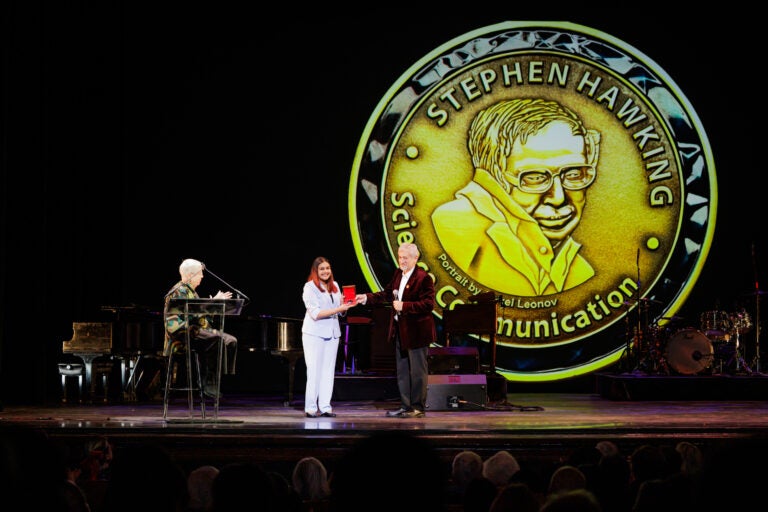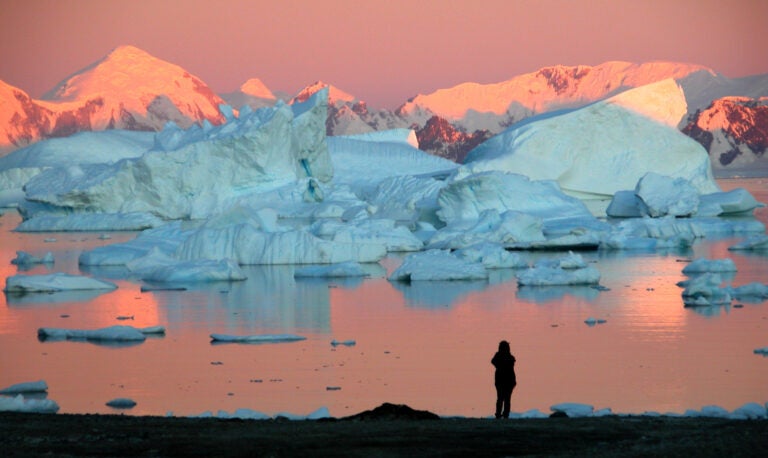When Yvette Cendes saw the 1997 film adaptation of Carl Sagan’s novel Contact, she initially wanted to be an astronomer like protagonist Ellie Arroway, searching for signs of extraterrestrial intelligence. “But [then] I decided I wanted to work on things you can actually see,” she says. “No offense to the aliens, but until they come calling, you need to have a bit of faith. As it turns out, I’m too impatient for that.”
Today, Cendes, 36, is a postdoctoral fellow at the Harvard-Smithsonian Center for Astrophysics in Cambridge, Massachusetts. There, she studies transient radio signals like tidal disruption events (TDEs), the emission of light and radiation that accompanies a star as it approaches and gets devoured by a supermassive black hole. To Cendes’ delight, TDEs have proven more plentiful than aliens. (Recently, Cendes even published a study detailing a black hole that burped up material from a star it shredded three years earlier.)
“She has a real passion for radio astronomy that comes through in all of her work,” says Kate Alexander, a radio astronomer at Northwestern University and a collaborator of Cendes’. “She’s made it a personal mission, it seems, to apply for telescope time on every radio telescope she possibly can.”
Cendes also has little patience for astronomical myths. If you’re on Reddit, you’ve likely seen her as user Andromeda321, talking about space and debunking misconceptions. “We all have our pet peeves. Mine’s misinformation on the internet about astronomy,” Cendes says.
Her latest project focuses on a collection of TDEs detected a few years ago in X-ray, gamma-ray, and optical observations. At the time, they weren’t emitting radio signals — but as of late, almost 40 percent are, and astronomers don’t know why. Cendes’ best guess is that something is changing in the accretion disk of material around the supermassive black hole that alters the emission. “Nobody was really expecting this,” she says. “It’s wild.”
Make sure to explore our full list of 25 rising stars in astronomy. Check back each week for a new profile!
To get the latest astronomical news and observing content delivered directly to your door, subscribe to Astronomy magazine today!

